2005 Chevrolet Classic Brake Rotors and Pads
Click here to search another vehicle
All Rotors:
OEM x
Coated x
Drilled, Slotted and Coated x
Front x
Rear x
All Pads:
Ceramic x
Semi-metallic x
Front x
Rear x
Found 7 record
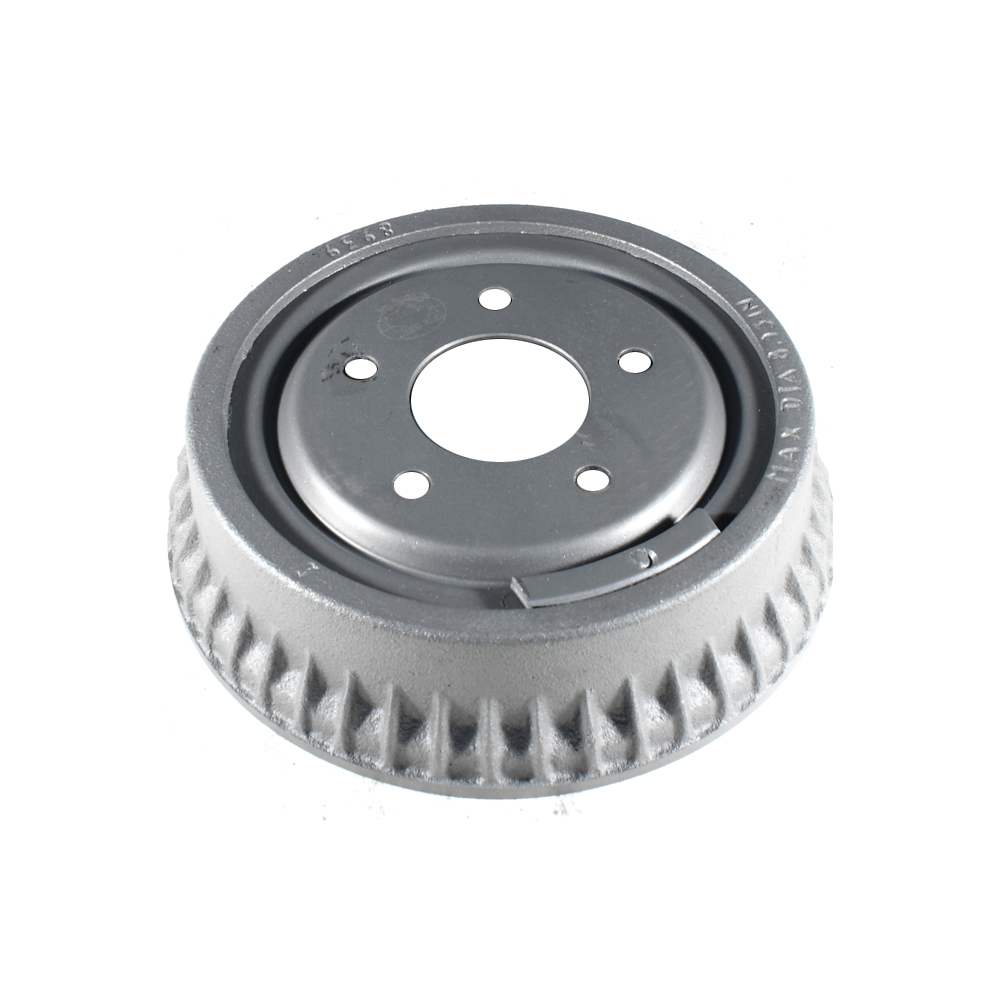
Part No: BD8939
Raybestos: 2051
OE: 18042283
Raybestos: 2051
OE: 18042283
$47.14 each
Per Car QTY: 2
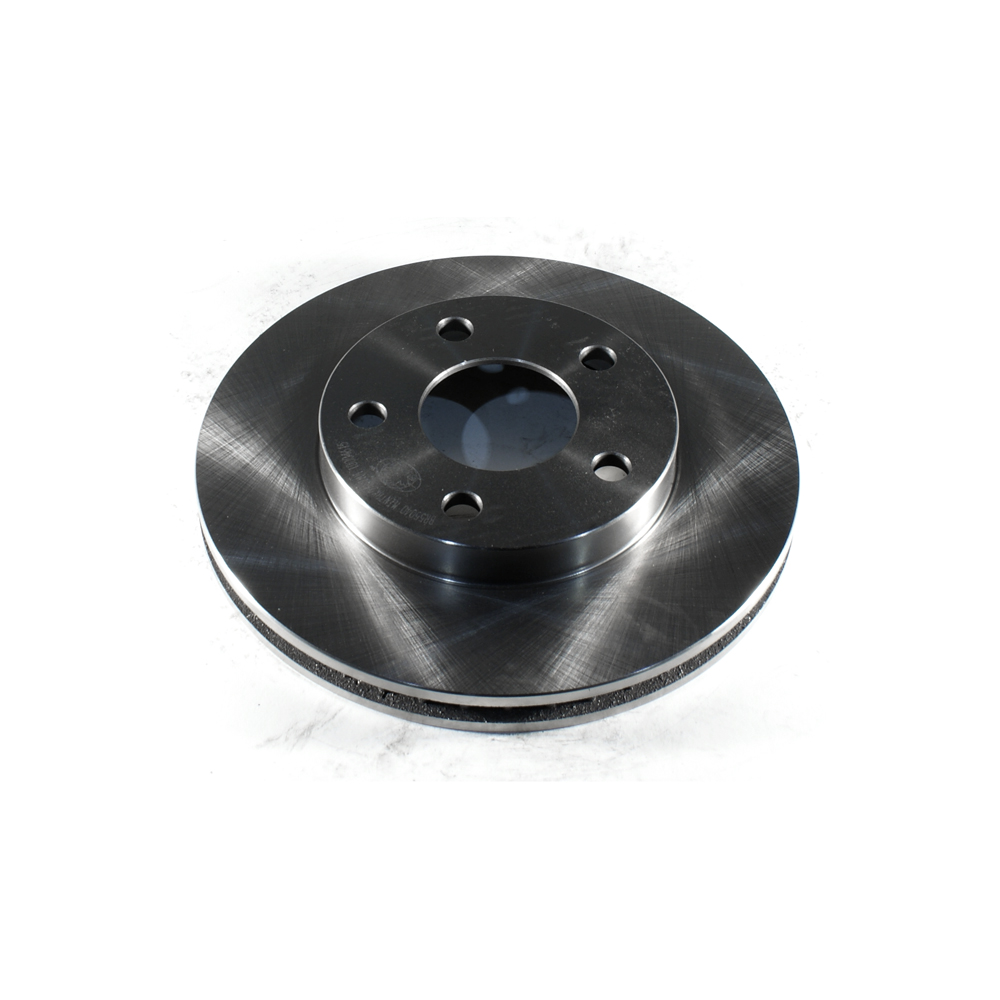
Part No: BR55040
Raybestos: 56655
OE: 18060442
Raybestos: 56655
OE: 18060442
$30.78 each
Per Car QTY: 2

Part No: PP55040
Raybestos: 56655
OE: 18060442
Raybestos: 56655
OE: 18060442
$41.38 each
Per Car QTY: 2
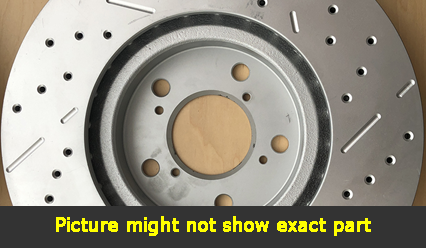
Part No: SP55040L
Raybestos: 56655
OE: 18060442
Raybestos: 56655
OE: 18060442
$73.78 each
Per Car QTY: 1
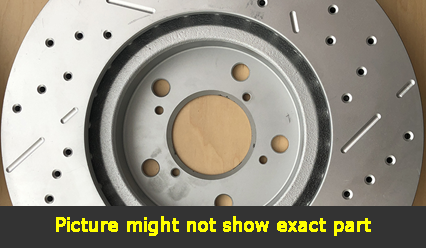
Part No: SP55040R
Raybestos: 56655
OE: 18060442
Raybestos: 56655
OE: 18060442
$73.78 each
Per Car QTY: 1
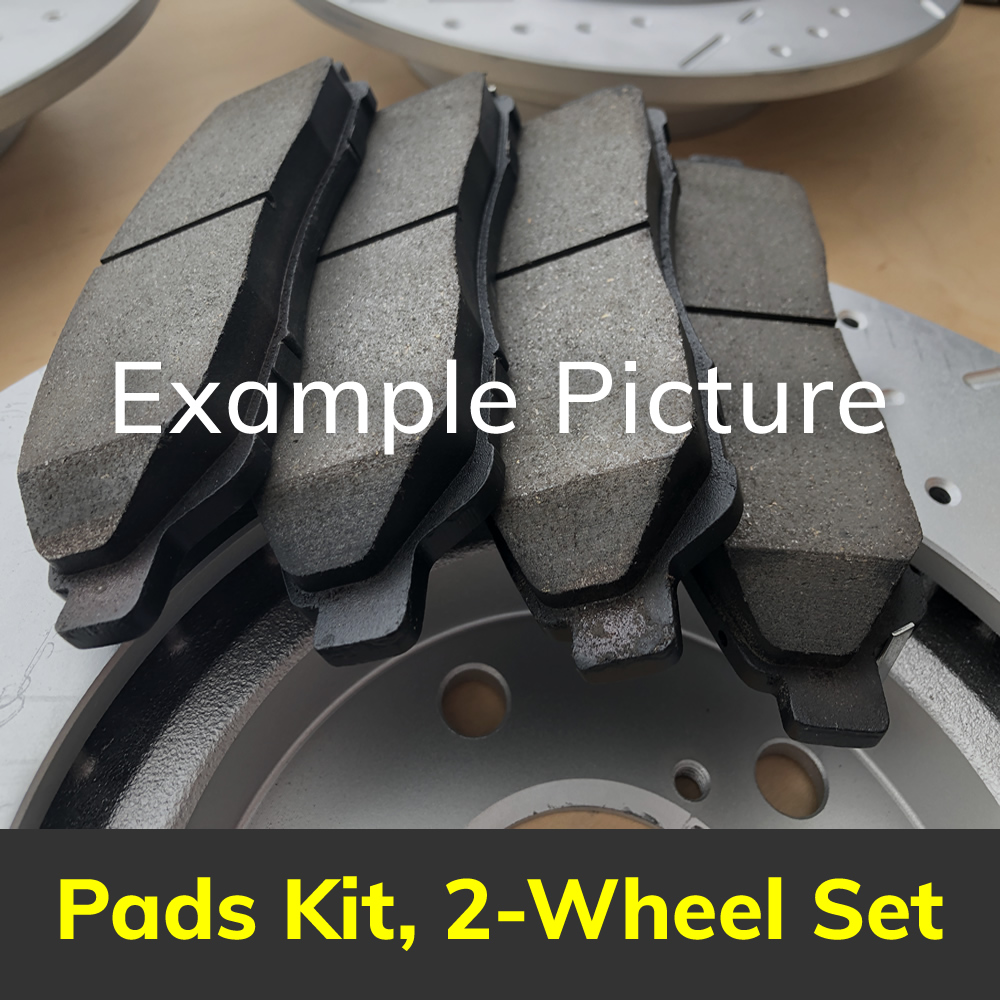
Part No: PD727C
Raybestos: 727
OE:
Raybestos: 727
OE:
$28.62 each
Per Car QTY: 1
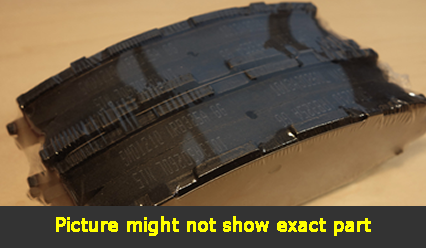
Part No: SMD727
Raybestos:
OE:
Raybestos:
OE:
$22.45 each
Per Car QTY: 1
When it comes to road safety, one component of your vehicle that plays a crucial role is the braking system. Specifically, for a 2005 Chevrolet Classic, having a well-maintained set of brakes is even more essential. Brakes are responsible for slowing down and stopping your vehicle efficiently, ensuring your safety and that of others on the road.
The braking system of a 2005 Chevrolet Classic consists of various components that work together to bring your vehicle to a controlled stop. The primary components include the brake pads, rotors, calipers, and brake fluid. Understanding these components and their maintenance requirements is vital for ensuring your brakes function optimally.
Starting with the brake pads, they are the most critical part of the braking system. As you press the brake pedal, the brake pads are pressed against the rotors, creating friction to slow down the wheels. Over time, the brake pads wear out and need to be replaced. It is important to regularly inspect the thickness of your brake pads and have them changed when they reach the minimum recommended thickness.
Next, the rotors are the flat, disc-like components that the brake pads apply pressure to. Over time, the rotors can wear unevenly or develop grooves, affecting their efficiency. It is recommended to have the rotors inspected during each brake pad replacement. If necessary, they can be machined or replaced to maintain proper braking performance and prevent vibration or pulsation when applying the brakes.
Calipers play a vital role in your braking system, too. They squeeze the brake pads against the rotors, creating the necessary friction. Calipers should always be inspected for any leaks or signs of damage as they can impair the braking system's performance. If required, the calipers need to be repaired or replaced promptly.
Another crucial aspect of the braking system is the brake fluid. It is responsible for transmitting force from the brake pedal to the brake pads and rotors. Over time, brake fluid can become contaminated, leading to decreased performance and potential damage to brake system components. Regularly flushing and replacing the brake fluid is recommended to maintain optimal braking performance.
To ensure your 2005 Chevrolet Classic's brakes stay in top condition, regular maintenance is crucial. Schedule routine brake inspections with a certified mechanic and follow the manufacturer's recommended maintenance schedule. Additionally, be aware of any signs of brake issues, such as squeaking or grinding noises, soft or spongy brake pedal, or vibrations when braking. These symptoms may indicate that your braking system needs attention.
Remember, having a well-maintained braking system not only ensures your safety but also extends the lifespan of your vehicle. Neglecting brake maintenance can lead to costly repairs and compromise your safety on the road. Don't take your vehicle's brakes for granted – make it a priority to keep them in excellent condition and enjoy a safe driving experience in your 2005 Chevrolet Classic.
The braking system of a 2005 Chevrolet Classic consists of various components that work together to bring your vehicle to a controlled stop. The primary components include the brake pads, rotors, calipers, and brake fluid. Understanding these components and their maintenance requirements is vital for ensuring your brakes function optimally.
Starting with the brake pads, they are the most critical part of the braking system. As you press the brake pedal, the brake pads are pressed against the rotors, creating friction to slow down the wheels. Over time, the brake pads wear out and need to be replaced. It is important to regularly inspect the thickness of your brake pads and have them changed when they reach the minimum recommended thickness.
Next, the rotors are the flat, disc-like components that the brake pads apply pressure to. Over time, the rotors can wear unevenly or develop grooves, affecting their efficiency. It is recommended to have the rotors inspected during each brake pad replacement. If necessary, they can be machined or replaced to maintain proper braking performance and prevent vibration or pulsation when applying the brakes.
Calipers play a vital role in your braking system, too. They squeeze the brake pads against the rotors, creating the necessary friction. Calipers should always be inspected for any leaks or signs of damage as they can impair the braking system's performance. If required, the calipers need to be repaired or replaced promptly.
Another crucial aspect of the braking system is the brake fluid. It is responsible for transmitting force from the brake pedal to the brake pads and rotors. Over time, brake fluid can become contaminated, leading to decreased performance and potential damage to brake system components. Regularly flushing and replacing the brake fluid is recommended to maintain optimal braking performance.
To ensure your 2005 Chevrolet Classic's brakes stay in top condition, regular maintenance is crucial. Schedule routine brake inspections with a certified mechanic and follow the manufacturer's recommended maintenance schedule. Additionally, be aware of any signs of brake issues, such as squeaking or grinding noises, soft or spongy brake pedal, or vibrations when braking. These symptoms may indicate that your braking system needs attention.
Remember, having a well-maintained braking system not only ensures your safety but also extends the lifespan of your vehicle. Neglecting brake maintenance can lead to costly repairs and compromise your safety on the road. Don't take your vehicle's brakes for granted – make it a priority to keep them in excellent condition and enjoy a safe driving experience in your 2005 Chevrolet Classic.


